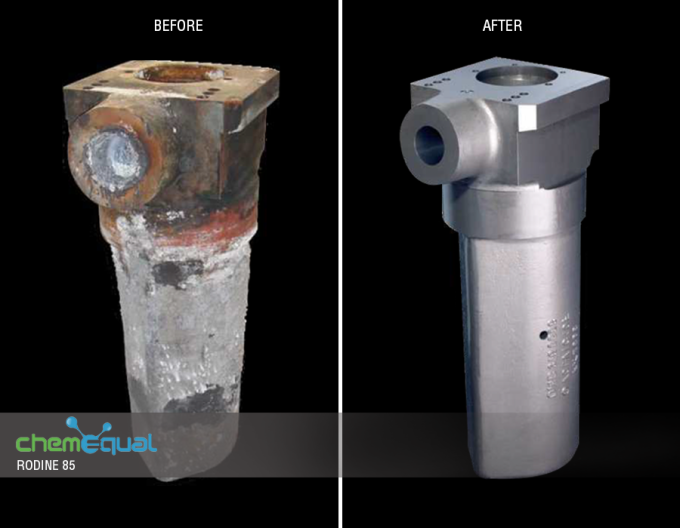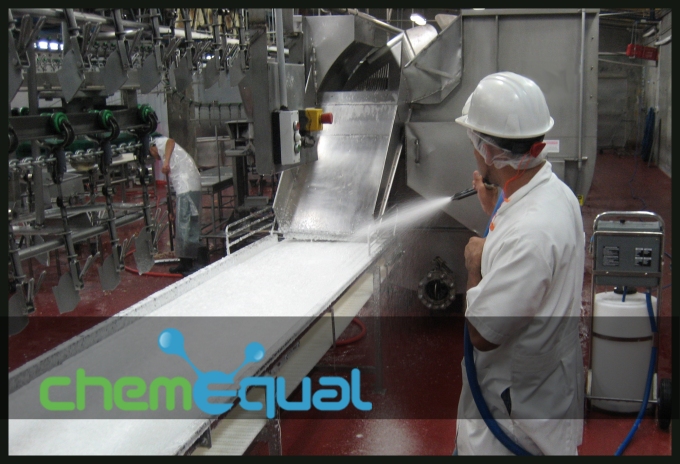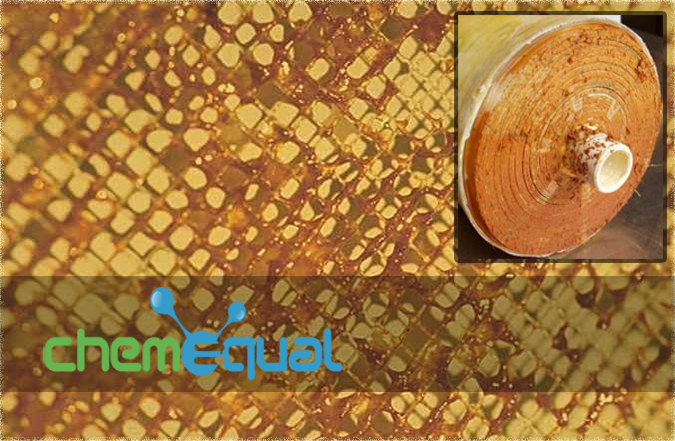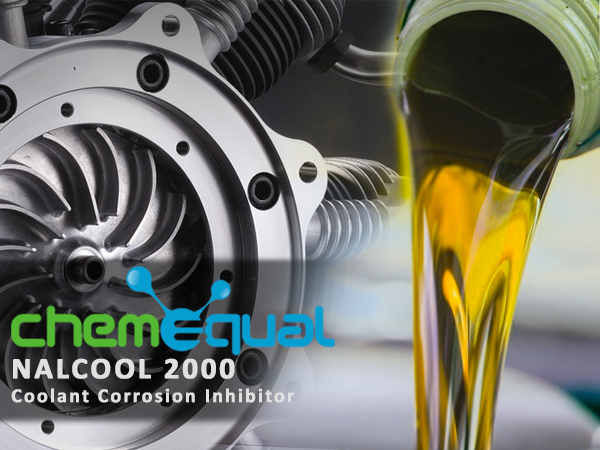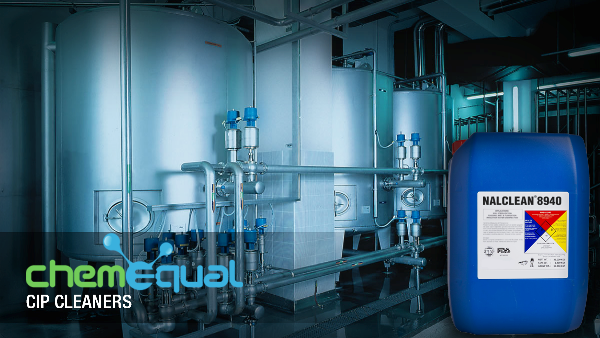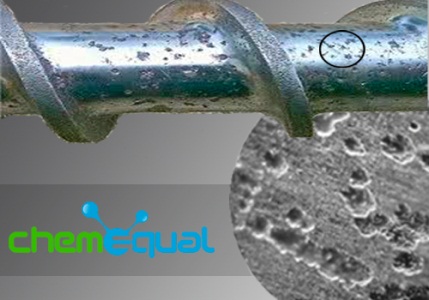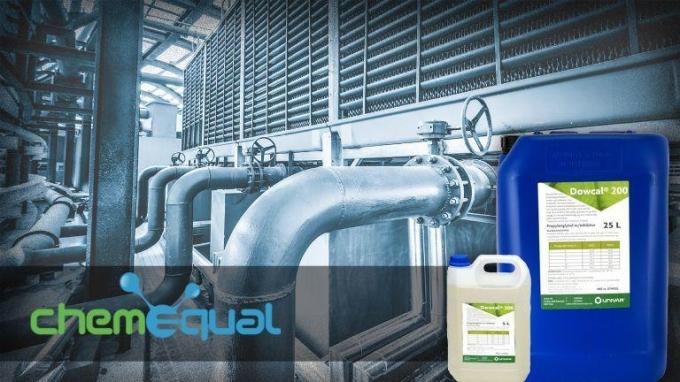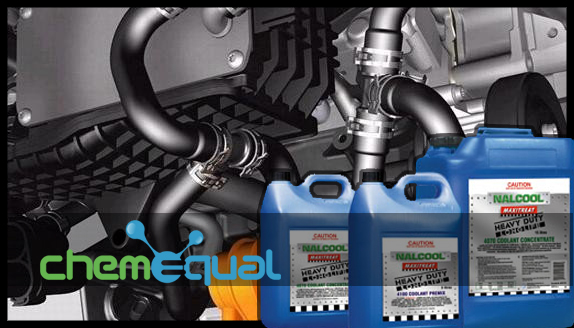In many industrial operations metals such as steel and iron are subjected to very high temperature which often leaves a discoloring oxide layer or scale on the surface. The process of hot rolling, drawing, annealing and molding of metals result in the deposition of organic impurities, stains, rusts and scale which impede further metal processing. In industries same metals are used for a long period which makes them vulnerable to development of rust and surface deformation.
Pickling is the conventional method practiced in industries for removing rust and scales from metal surface. It is the removal of any high temperature scales from metal surface by chemical means. It involves dipping of the metal workpiece in acid solution referred to as “pickle liquor”. Earlier sulphuric acid was used in pickling process but now HCL has taken the prime position as it pickles much faster with minimum loss of base metal.
Corrosiveness of acid makes it difficult to handle. The acid reduces the protective oxide film on metals and thus expose the underlying metal to corrosion. The hydrogen present in the acids further reacts with the metal surface and ultimately builds up cracks. The acid often cause dissolution of the pure metal leading to metal loss.
An acid inhibitor is thus added to the pickling solution to reduce corrosion and prevents the metal from dissolving or becoming pitted. Inhibitors may be natural or synthetic organic compounds which are added to pickling acid solution to reduce metal corrosion .They slow down the reaction between acid and base metals which help in controlling excessive fume generation during pickling. Inhibitor also aids in controlling pickling rate.
Rodine 85 is a low foaming liquid corrosion inhibitor intended for use in sulfuric acid pickling operations on various types of metals like copper, brass, nickel and all type of steel. It is formulated using 1, 3 Diethyl Thiourea, Propargyl alcohol, Formaldehyde, Substituted triazine & O-Toluidine and detergent. Rodine 85 shows activity at any acid concentration. Rodine 85 is an effective inhibitor for phosphoric and acetic acids, as well as sulfamic, citric, oxalic, and sodium bisulfate solutions in pickling and industrial cleaning operations.
Rodine 85 reduces corrosive attack of acids on the clean metal to a minimum, which reduces the amount of sludge formed in pickling baths also it helps in reducing the consumption of acid and prolongs the life of the bath. It passivates the metal surface, to a considerable degree and makes it highly corrosion resistant. Rodine 85 allows pickling baths to be used at higher temperature, which leaves the surface of the metal chemically clean and ready for the application of finishing coatings such as plating, painting or lacquering; It improves the appearance of the pickled metal by creating a uniformly whiter (i.e. more silvery) surface, thus improving its solubility. Other advantages are the elimination of gases and fumes in the pickling process and the prevention of acid brittleness of the steel.
Rodine 85 dosage greatly depends on the type of metal, the temperature of operation and the sequence of cleaning operation. The recommended amount of Rodine 85 to be used for pickling is always given in percent by volume of the concentrated acid, regardless of the degree of acid dilution used. RODINE 85 should be used at a concentration ranging from 0.05 to 0.30 percent by volume of the diluted acid regardless of the degree of acid dilution used. In addition, it is recommended that Rodine 85 inhibitor be used at a concentration not less that 0.5% by volume of the concentrated liquid acid or not less that 0.5% by weight of the concentrated solid acid, regardless of the temperature of the industrial cleaning operation.
The key features can be summarized as follows
- Strong inhibitor with detergent improves rinsability
- Aids in attaining maximum cleanliness on nickel work
- Low foaming inhibitor for general purpose inhibition
ChemEqual, the largest chemical marketplace gives the opportunity to buyer to compare and buy Rodine 85 chemicals and its equivalents from the global manufactures.
